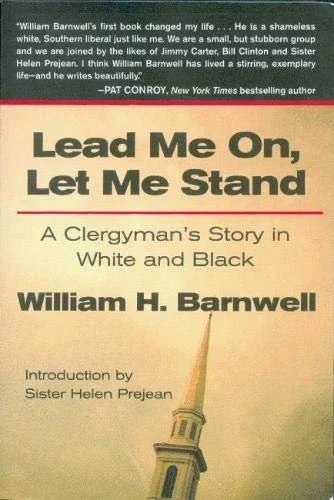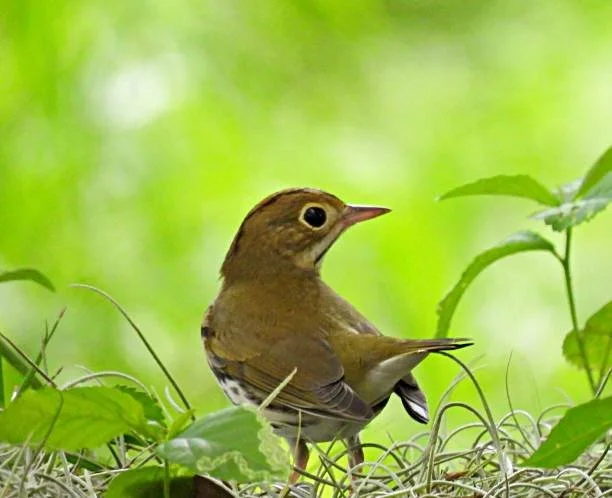Remembering Mentors this Easter Season
“Therefore, since we are surrounded by so great a cloud of witnesses, let us also lay aside every weight and the sin that clings so closely, and let us run with perseverance the race set before us.”–Hebrews 12:1.
Today, I honor a Mentor who died in May 2020 from coronavirus, an early victim of the virus. I still remember how moved we were to hear of the death of the Rev. William Barnwell, a priest in New Orleans. I treasure every minute I spent with him at the National Cathedral at the College of Preachers and through the adult education program, Disciples of Christ in Community, DOCC. He taught me, especially about literature and the Bible, preaching and standing up fiercely for those society has forgotten or never cared for.
The New Orleans Times-Picayune calls William “the crusading minister of New Orleans.” I knew him most as the soft-spoken man with a rich New Orleans accent. Through his courses about the Bible and accompanying rich stories from modern literature, he led us to a greater understanding of the Bible through the lens of contemporary writers.
I treasure the books he wrote that Henry Hudson gave me when Henry left New Orleans. Lead Me On, Let Me Stand, A Clergyman’s Story in White and Black. William also wrote Called to Heal and Brokenhearted: Stories from Kairos Prison Ministry International.
Just the titles of these two books hint at his passionate ministry. It was indeed a God thing that a friend, Michael Hackett, invited William to dinner with us in January 2020 in New Orleans after a conference at the nearby Solomon Conference Center. I will continually cherish the opportunity to have that last meal with him.
William served in the Coast Guard, but was most known as a community organizer against racism and injustice.
Easter can be a time to remember the lives of those who died from this virus and thank them for what they brought to our lives. I will especially say prayers for William Barnwell, who almost died so many times as he fought to save and change the lives of others with his words from the pulpit, with his words through the Bible and contemporary literature, and with his words on our southern streets and in our southern prisons.
Give thanks for those who have mentored you. Continue their life by sharing with others what you learned from them. Call or write and thank them during this Easter season.
Joanna https://www.joannaseibert.com/







